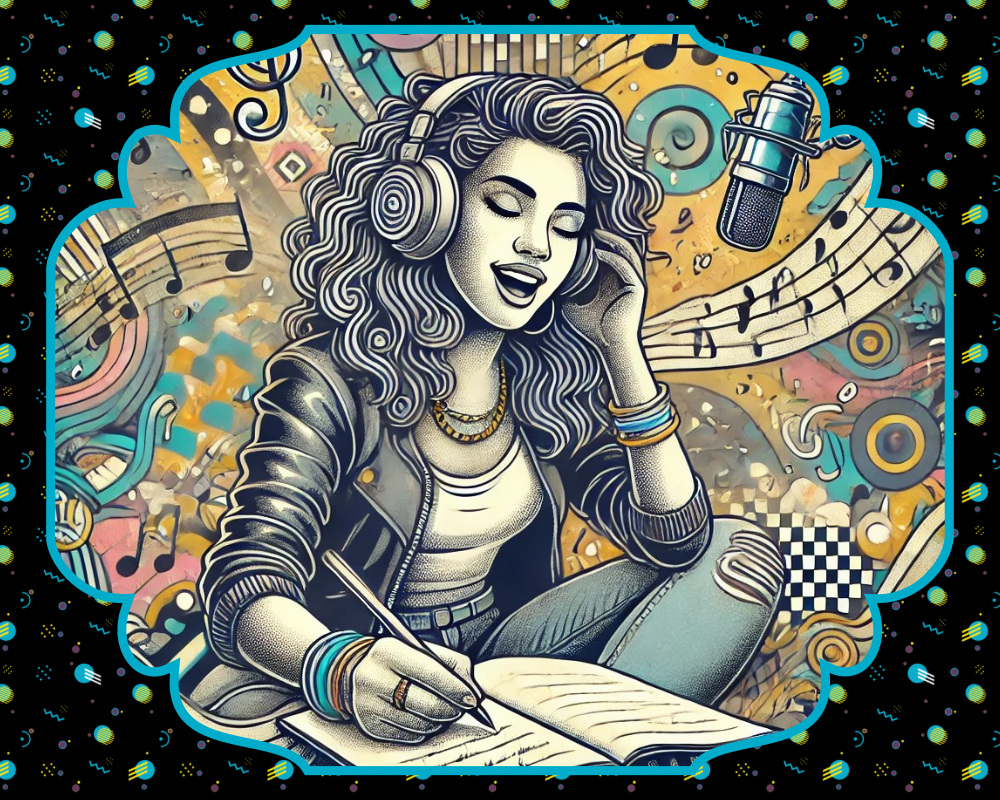

As a musician, you’ve poured your heart into creating dope tracks. But have you considered how to truly cash in on that fire? Enter music publishing – the often misunderstood game that separates hobbyists from professionals raking in royalties. Let’s break it down simply without the usual industry jargon clouding the real deal.
What the Heck is Music Publishing?
At its core, music publishing defines who owns the rights to your songs and how those rights get leveraged to make money. We’re talking about securing licensing fees when your music gets used commercially – in films, ads, streaming services like Spotify or Apple Music, you name it.
Publishing companies handle the nitty-gritty legal logistics – negotiating those licensing deals, registering copyrights, collecting royalties owed, and crediting you properly. Think of them as the business managers for your artistic assets.
The Real Value of a Publisher
But here’s the insider tip – signing with a reputable music publishing company gets you way more than just payment processing. These companies provide access to an entire team dedicated to promoting your music and furthering your career. Publicists, radio promoters, booking agents -ConnectI ons you’d likely never snag solo.
To be blunt, understanding publishing rights separates serious career musicians from those just futzing around. You can be as talented as Prince, but without publishers fighting for your revenue streams and opportunities, you’re just an expensive hobbyist. Publishing is the path to sustainable income.
How to Leverage Music Publishing
So how do you get in on this publishing game? Start by educating yourself on your rights as a songwriter and owner of master recordings. Never sign anything without a lawyer reviewing it first. Research reputable publishing companies and partners aligned with your genre and goals.
Don’t just hand over all your rights, either. Smart musicians today maintain control over some lucrative publishing rights to boost income directly. It’s a delicate dance, but one that elevates you from a starving artist to a paid professional when navigated wisely.
The bottom line? Music publishing is the real money maker in a music career, not just album sales. Getting hip to publishing rights and companies is a must for any musician looking to graduate beyond garage band status. Unlock that knowledge, and you unlock sustainable revenue from your artistic passion.
Music publishing is a vital part of any musician’s business. It enables artists to monetize their work and reap the rewards of their creativity. To understand how music publishing works, it’s important to know exactly what it is and how you can make use of it.
Music publishing defines who owns the rights to a song and outlines how those rights are used—including when, where, and how songs are used in movies, advertisements, or even on streaming services like Spotify or Apple Music. Publishing companies handle the legal aspects of music distribution for musicians; they negotiate licensing fees for the commercial use of songs, register copyrights with appropriate organizations, collect royalties from royalty-bearing sources (like those aforementioned streaming services), and ensure artists are properly credited when their songs are used.
Musicians can also benefit from music publishing by taking advantage of the resources – such as support staff, marketing, and promotion – that a publisher provides. Music publishers typically partner musicians with other industry professionals who can help them further their careers and build a fanbase. These professionals may include publicists, radio promoters, or even booking agents that artists wouldn’t otherwise have access to on their own.
Ultimately, musicians should understand what music publishing is and how it works to maximize the potential opportunities for their music career. It offers the chance for you to make money off of royalties and earn recognition beyond just recording an album.
Publishing companies handle the legal aspects of distribution. They negotiate licensing fees, register copyrights, collect royalties, and ensure artists are credited when their songs are used. Additionally, musicians can benefit from the resources offered by publishers such as marketing and promotion support staff, publicists, radio promoters, or booking agents that allow artists to further their careers and build a fanbase.